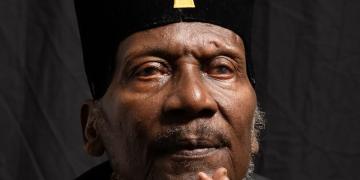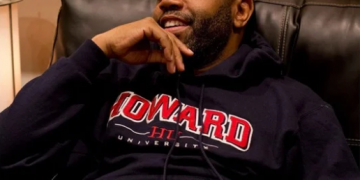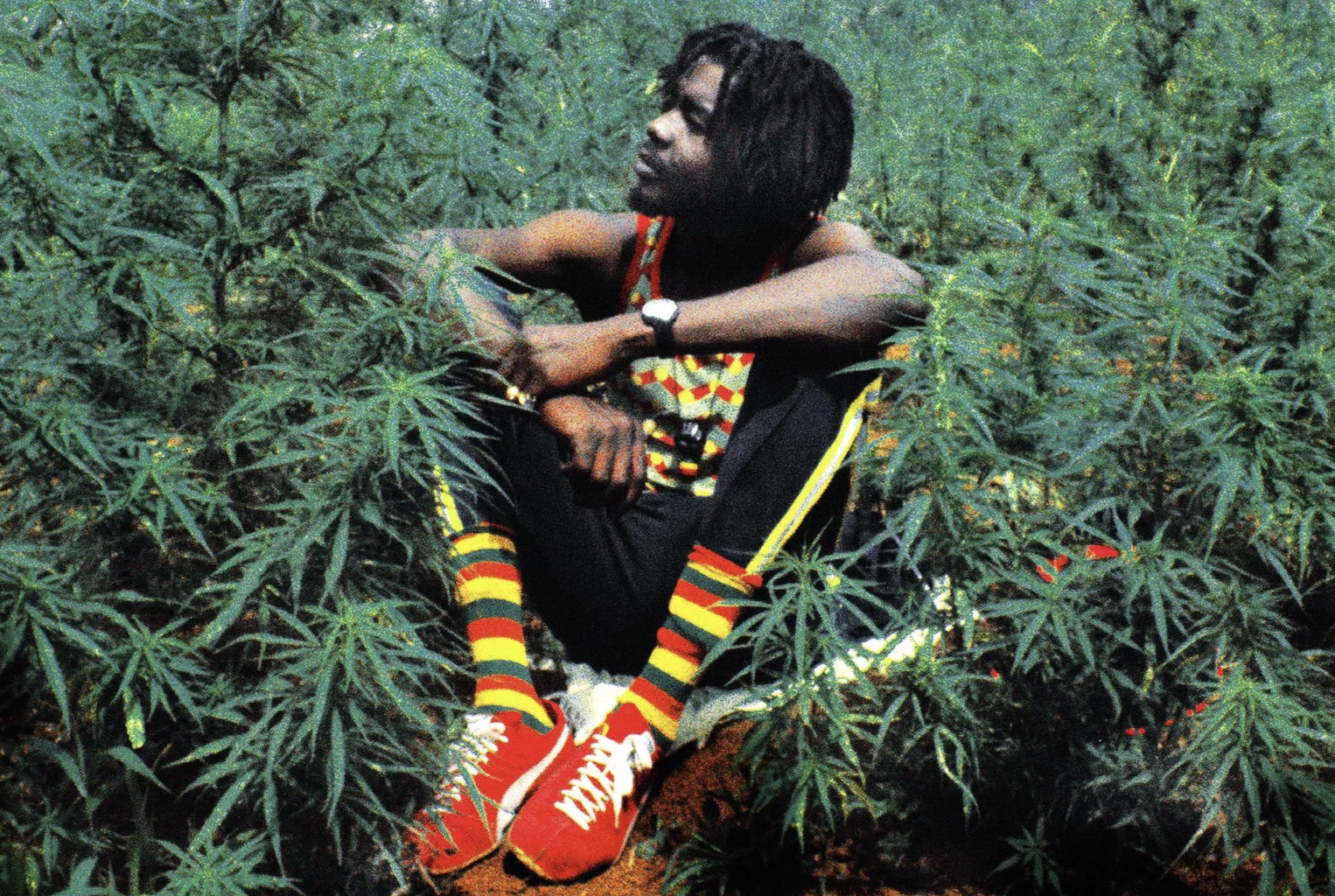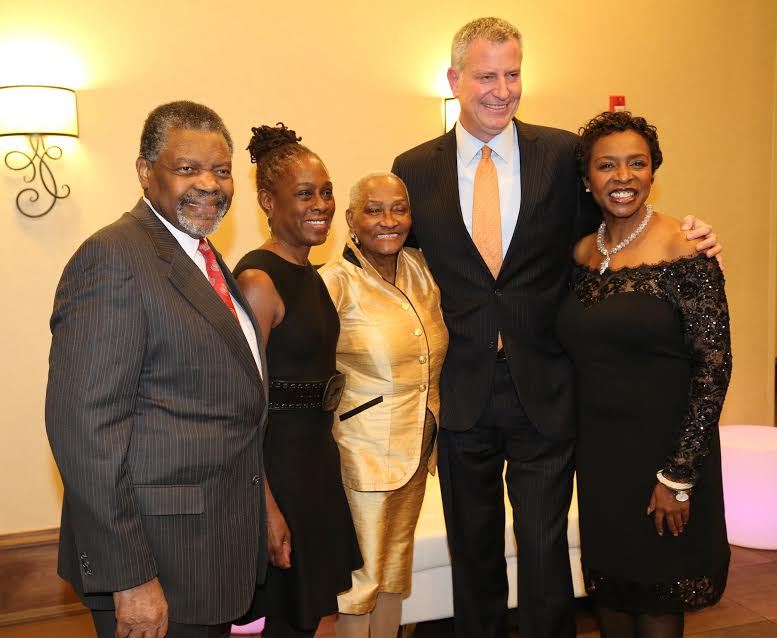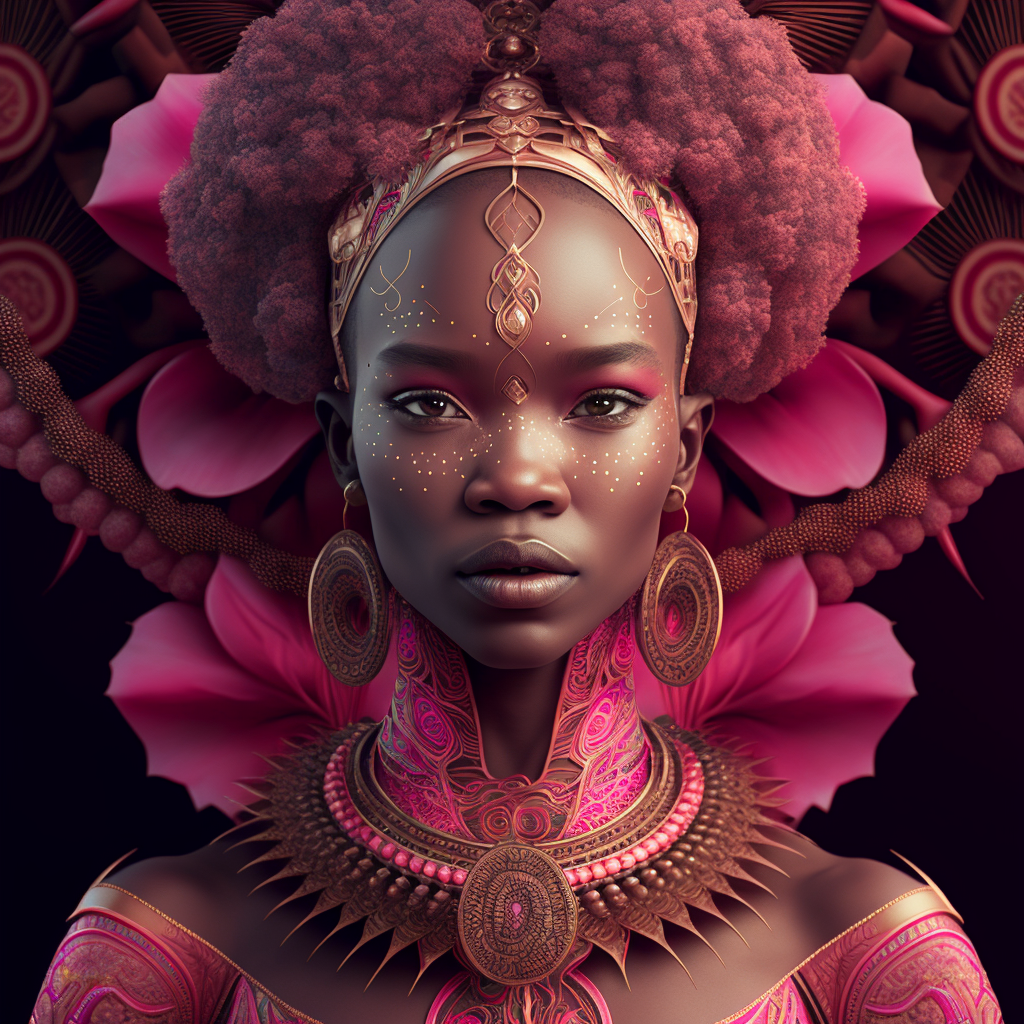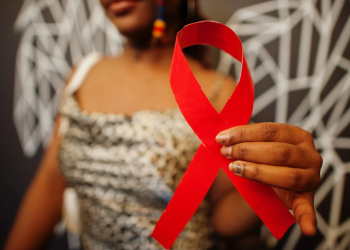By Michelle Fields
It is arguably no coincidence that marijuana and music have walked hand in hand from the beginning of the jazz era, as many of the world’s music legends have commented that marijuana brought them not only a surge of creativity, but inspiration as well.
On a scientific level, those legends were correct: Studies have shown that, under the influence of cannabis, users experience an increase in hyper-priming, or those ‘eureka’ moments when your brain makes connections between distant concepts more quickly. In addition, marijuana causes your brain to release dopamine, and higher dopamine levels increase our drive to create and explore. In addition, cannabis simply enhances a number of sensations – including sound – like other intoxicants. Neuroscientists have published research demonstrating that THC has the potential to stimulate the brain’s pleasure centers, alter our sense of timing, disrupt short-term memory, and thrust us into the moment, allowing for music to be heard “from note to note.” In sum, the substance’s calming effects may provide artists with the mindset that they need to create.
The Story of Peter Tosh and His Son Jawara McIntosh
 Unfortunately, the prohibition against marijuana—and the disparate enforcement of this prohibition against communities of color—has also taken its toll on artists. Take, for example, the Tosh Family: Peter Tosh was one of the core members of the Wailers, alongside Bob Marley and Bunny Wailer, and eventually established himself as a successful solo artist and Rastafari. His youngest son, Jawara McIntosh, who followed in his father’s footsteps in music and Rastafarianism, also suffered the consequences of the criminalization of cannabis. Several years ago, Jawara was incarcerated for a cannabis-related charge and brutally attacked while serving prison time for that charge, suffering severe brain injuries that have left him confined to a bed, where his recovery has been slow but steady. His story now serves as inspiration for criminal justice reform and the effects of cannabis prohibition, especially as it intersects with racial profiling, which, interestingly, can be tied to the past, as Rastas were also persecuted in Jamaica (very violently at times) for their supportive stance on cannabis. It is strongly believed that, years later, Jawara was also ultimately attacked for being a black man with dreads.
Unfortunately, the prohibition against marijuana—and the disparate enforcement of this prohibition against communities of color—has also taken its toll on artists. Take, for example, the Tosh Family: Peter Tosh was one of the core members of the Wailers, alongside Bob Marley and Bunny Wailer, and eventually established himself as a successful solo artist and Rastafari. His youngest son, Jawara McIntosh, who followed in his father’s footsteps in music and Rastafarianism, also suffered the consequences of the criminalization of cannabis. Several years ago, Jawara was incarcerated for a cannabis-related charge and brutally attacked while serving prison time for that charge, suffering severe brain injuries that have left him confined to a bed, where his recovery has been slow but steady. His story now serves as inspiration for criminal justice reform and the effects of cannabis prohibition, especially as it intersects with racial profiling, which, interestingly, can be tied to the past, as Rastas were also persecuted in Jamaica (very violently at times) for their supportive stance on cannabis. It is strongly believed that, years later, Jawara was also ultimately attacked for being a black man with dreads.
Find Out More
As a practicing attorney in New York State with 17 years of litigation experience, and now a cannabis attorney in the area of regulatory compliance and business development, I am proudly committed to social justice reform and social equity. I am also proud to help those seeking to navigate the law and break into this new industry. Find out more about my work by reading my articles, and contact me at 718-400-6143.

